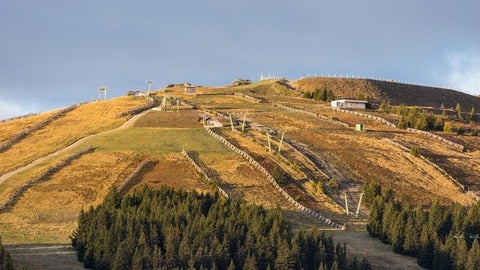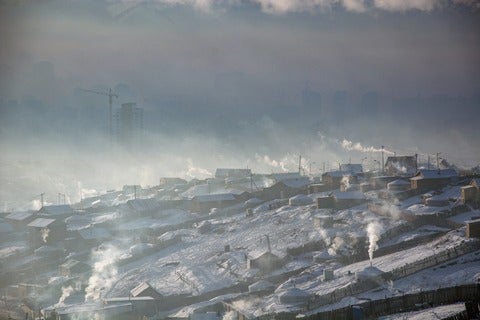The University of Waterloo Climate Institute brings together the research community and partners to advance strategic research and capacity building priorities at the local, national, and international scales. Our work empowers business, government and civil society to respond effectively to the climate crisis.
Based at the University of Waterloo, the Climate Institute harnesses a unique combination of strengths and depth of expertise to enhance the impact and excellence of innovative interdisciplinary research and education, and to deal head-on with the complexity and interconnectedness of social, political and technological dimensions of climate change.
Our key focus areas:

RESEARCH
Strategic research development and management across priority research areas (deep decarbonization and sustainability transitions, climate risks, resilience and adaptation; and climate science, modelling and observation).

TRAINING AND CAPACITY BUILDING
Supporting climate action through targeted professional development opportunities and the integration of climate education in academic programs.

KNOWLEDGE SHARING
Informing decision makers in policy, practice and innovation through tailored reports, briefs, facilitated workshops, data visualization, media engagement, and partnerships.
Learn more about the work at the Waterloo Climate Institute:

Municipal Climate Adaptation Certificate
Discover the Waterloo Climate Institute's new professional development opportunity, the Municipal Climate Adaptation Certificate. This forward-thinking initiative is funded by the Federation of Canadian Municipalities (FCM) and is designed specifically for municipal staff who are looking to strengthen their climate resilience skills.
News
Building resilient food systems with biodiversity
Amy Hall, a Masters of Climate Change Student interested in nature-based solutions for climate change problems reflects on her experience attending COP 28 virtually. She explores themes of biodiversity and regenerative agriculture as key efforts needed to progress on global climate action goals.
Waterloo Climate Institute members release key recommendations to address climate cost of tourism
The first Tourism and Climate Change Stocktake report has been released by the Tourism Panel on Climate Change (TPCC) timed with the UN COP-28 Climate Conference. Its 24 key findings aim to support policymakers and the tourism industry in accelerating planning and investment toward low-carbon and climate-resilient global tourism.
University of Waterloo climate change and sustainable tourism expert Professor Daniel Scott was the co-lead, along with Professor Susanne Becken of Griffith University in Australia. The TPCC is a network of over 60 leading international tourism and climate experts from over 30 countries.
Changing the way air quality data is shared
Shahan Salim, a PhD a PhD candidate in the School of Public Health Sciences and a member of the Waterloo Climate Institute’s COP 28 delegation, has designed a platform to use data from low-cost air quality sensors to monitor and predict adverse outcomes related to air pollution exposure in low-income countries.




